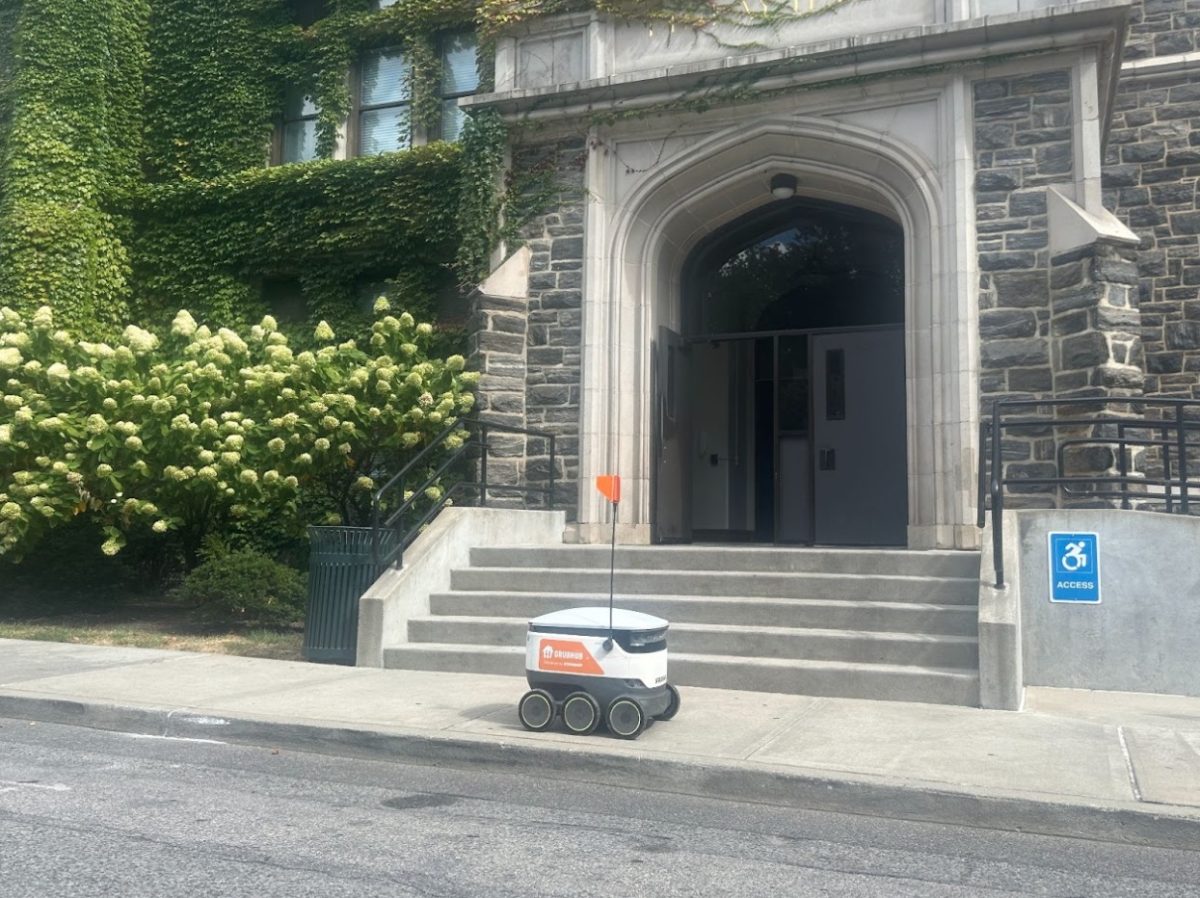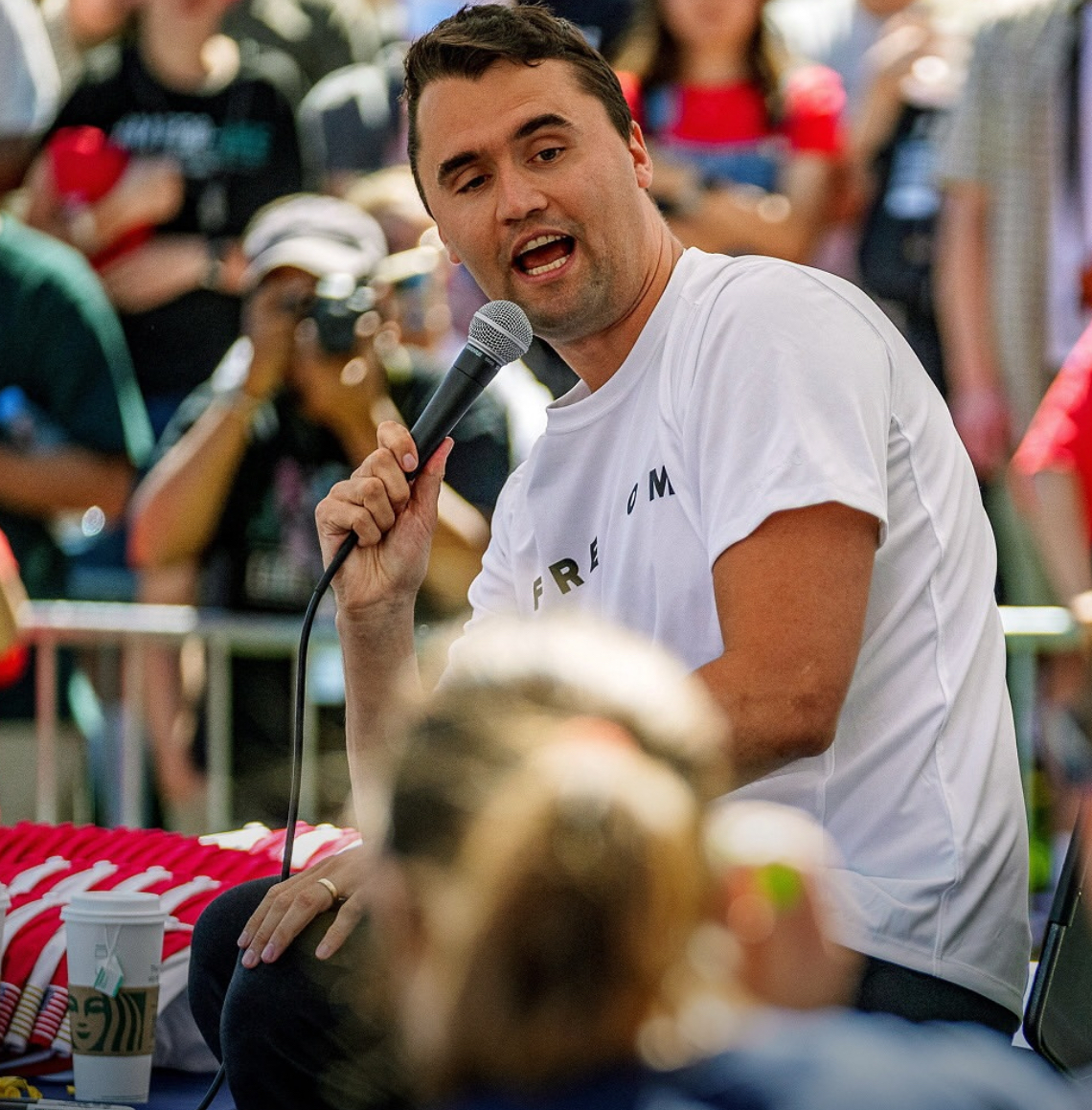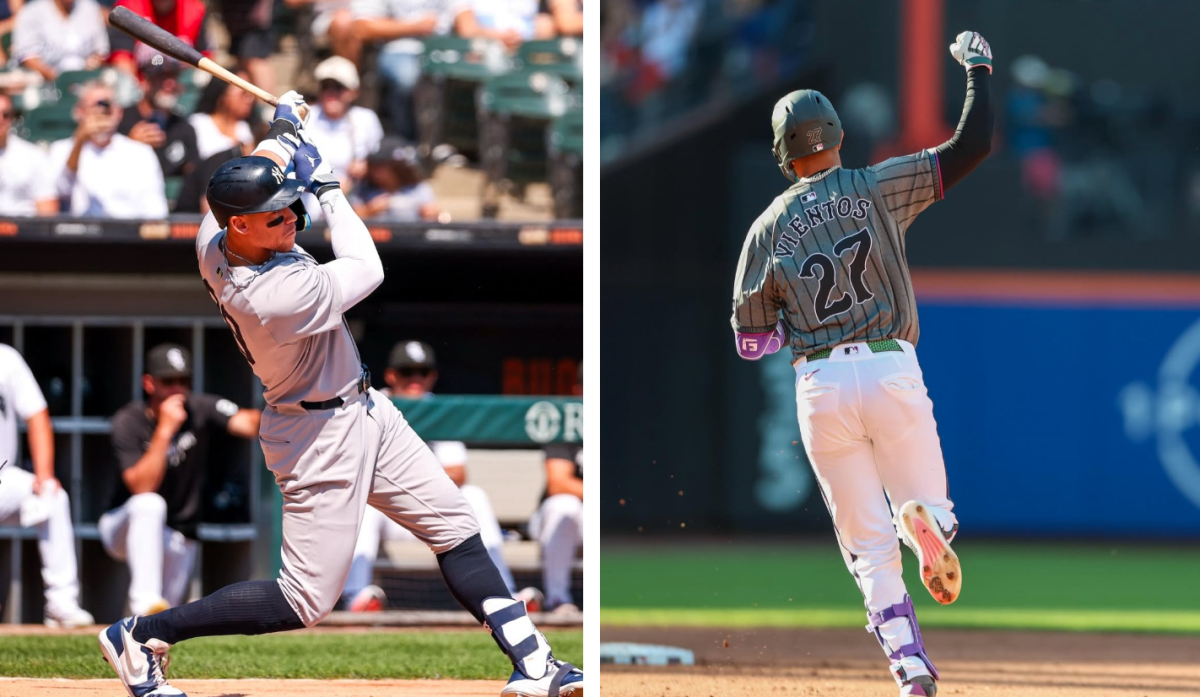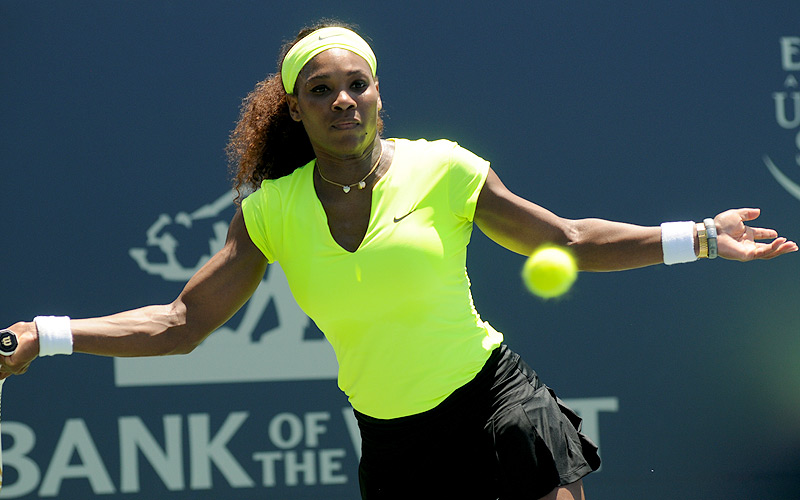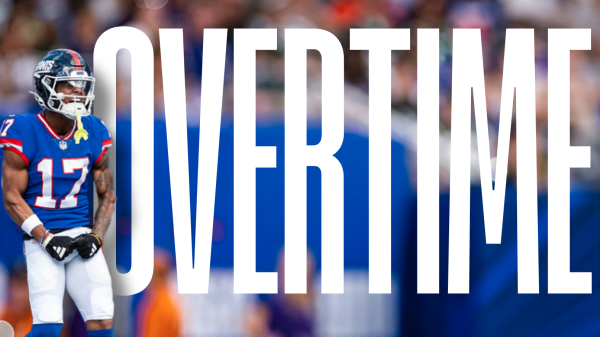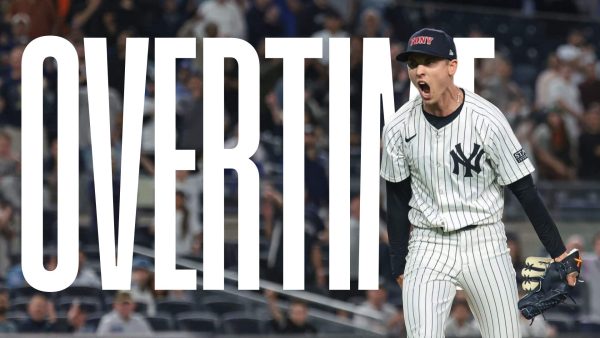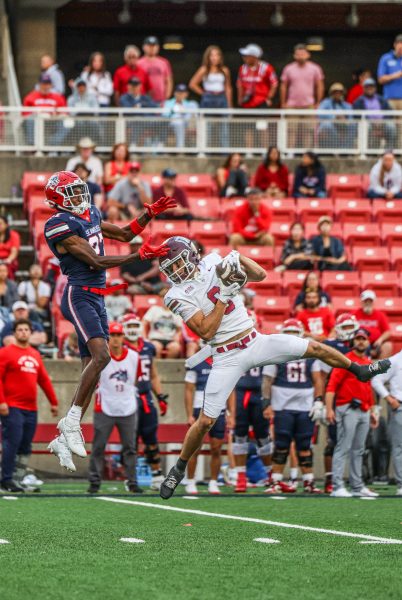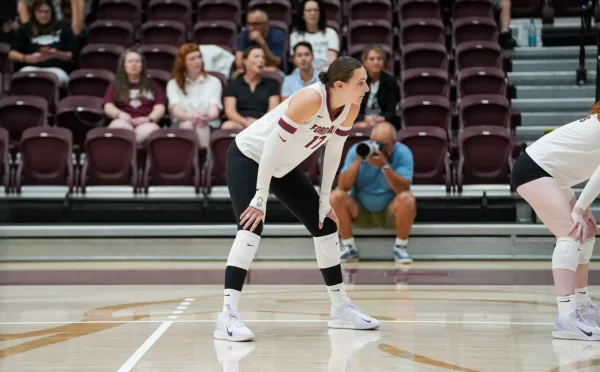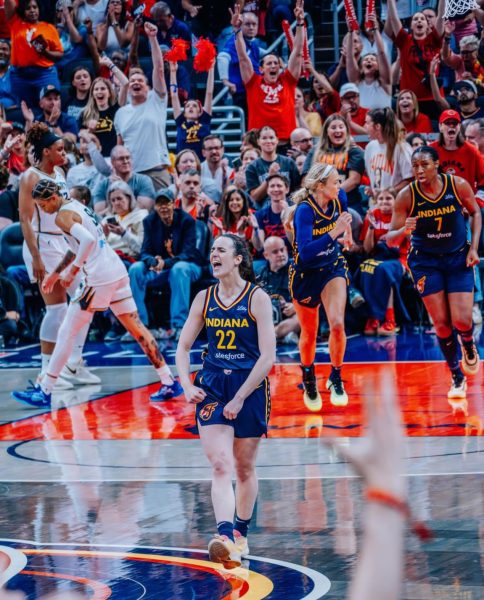Overtime: Serena’s Quest for 25 Is In Jeopardy… And It Isn’t Her Fault
Serena Williams endured another disappointing grand slam final loss at the US Open. (Courtesy of Flickr)
Serena Williams is doing everything possible to preserve the proverbial open window in regards to winning Grand Slam Singles Titles. But, could the combination of young emerging stars mixed with experienced, battle-tested players in women’s tennis potentially close Serena’s window for good?
If and when Serena (23) ultimately surpasses Margaret Court (24) as the all-time leader in Grand Slam Singles titles, it will be icing on the cake for the greatest tennis player ever to grace a surface, man or woman. Her 20-year dominance over the sport of tennis is remarkable when you put it in perspective. Since beating Martina Hingis for her first Grand Slam title at the 1999 U.S. Open, there have been 81 women’s Grand Slam Singles final matches.
Serena Williams has played in 32 of them. That means that for the past 20 years, a women’s singles final has featured Serena 40% of the time. Absolutely staggering to consider when trying to compare her rate of success in other sports.
Don’t bother trying to find another athlete with a similar run in their respective sport from 1999 to the present day. Longevity for that long is something seldom sustained by individuals. Serena’s only equal in that period of time: the reigning and defending Super Bowl Champion New England Patriots, who have appeared in 9 out of a possible 21 SB’s (43% of the time), winning their 6th Lombardi Trophy last season.
New England Quarterback Tom Brady does not look to be slowing down at the age of 42, and quite frankly, neither does Serena.
At 37 years young, you would expect age and attrition to begin taking its toll, especially when Serena missed more than a year on tour while having her daughter, Alexis, before coming back last season. Since her return, Serena has appeared in four of the last six women’s Grand Slam Singles finals, which included Saturday’s U.S. Open women’s final against 15th-seeded Bianca Andresscu of Canada.
Unfortunately, as was the case in her previous three finals appearances, Serena would again finish runner-up, this time losing to 15th seeded Bianca Andresscu of Canada in straight sets, 6-3, 7-5.
Serena came into Saturday’s final match emanating with purpose, dropping just one set in the process and looking as powerful as ever with her serve. So it was just as shocking to me, as I’m sure it was for everyone else watching, to see Serena have eight double faults and 33 unforced errors against the 19-year-old Andresscu. Unable to take advantage of the largest age gap between women’s finalists at a major final in the Open Era, Serena called her performance “the worst match I’ve played all tournament.”
When elaborating on the fact she has lost four straight Grand Slam finals, Serena put everything in perspective by saying, “I feel like, in 20 years, I definitely will be like, Wow, that wasn’t so bad.”
And, she is right. When you look at the level of competition that she faced in those four finals, the path to passing Court’s record has been anything but a walk in the park. Her losses include: 2018 and 2019 Wimbledon final to Germany’s Angelique Kerber and Romania’s Simona Halep, respectively, as well as the 2018 and 2019 U.S. Open final to Japan’s Naomi Osaka and the aforementioned Andresscu.
Currently, all four women are ranked in the top-15 of the Women’s Tennis Association Rankings: Osaka (4), Andresscu (5), Halep (6) and Kerber (15). To me, these losses have less to do with the narrative of age and attrition finally catching up to Serena, and should be more about the fact that her four opponents are in their respective primes, with Andresscu and Osaka emerging as potential superstars to follow in Serena’s footsteps when she ultimately retires.
Behind them, American women’s tennis looks to be in sure hands with the likes of Taylor Townsend and 15-year-old Coco Gauff, who seems destined to dominate women’s tennis for the next 20 years herself. Not to mention that the current No. 1 ranked WTA player, New Zealand’s Ashleigh Barty, is just 23 years old.
Out of those ranked in the WTA top 10, only one is over the age of 30: ninth-ranked Serena Williams.
The greatest athletes of all time have always shared one common factor: the ability to adjust in order to maintain longevity in their respective sports. Winning two more Grand Slam Singles titles will be undoubtedly the biggest challenge Serena faces moving forward on the tennis court. Her contemporaries have youth on their side and are only going to get better as time progresses.
But, the same can be said inversely. Serena’s contemporaries know these recent losses will only fuel the fire to come back. Stronger. Faster. Better. Perhaps it is not Serena who need worry about the competition, but the competition having to worry about the greatest tennis player of all time unleashing fury in her mission for numbers 24 and 25.





























